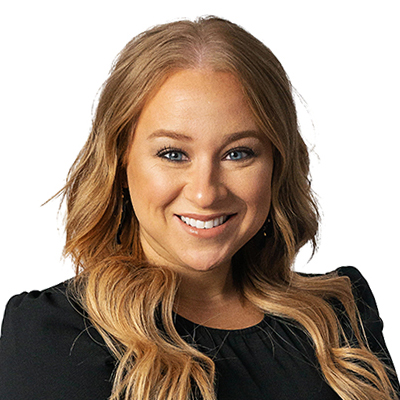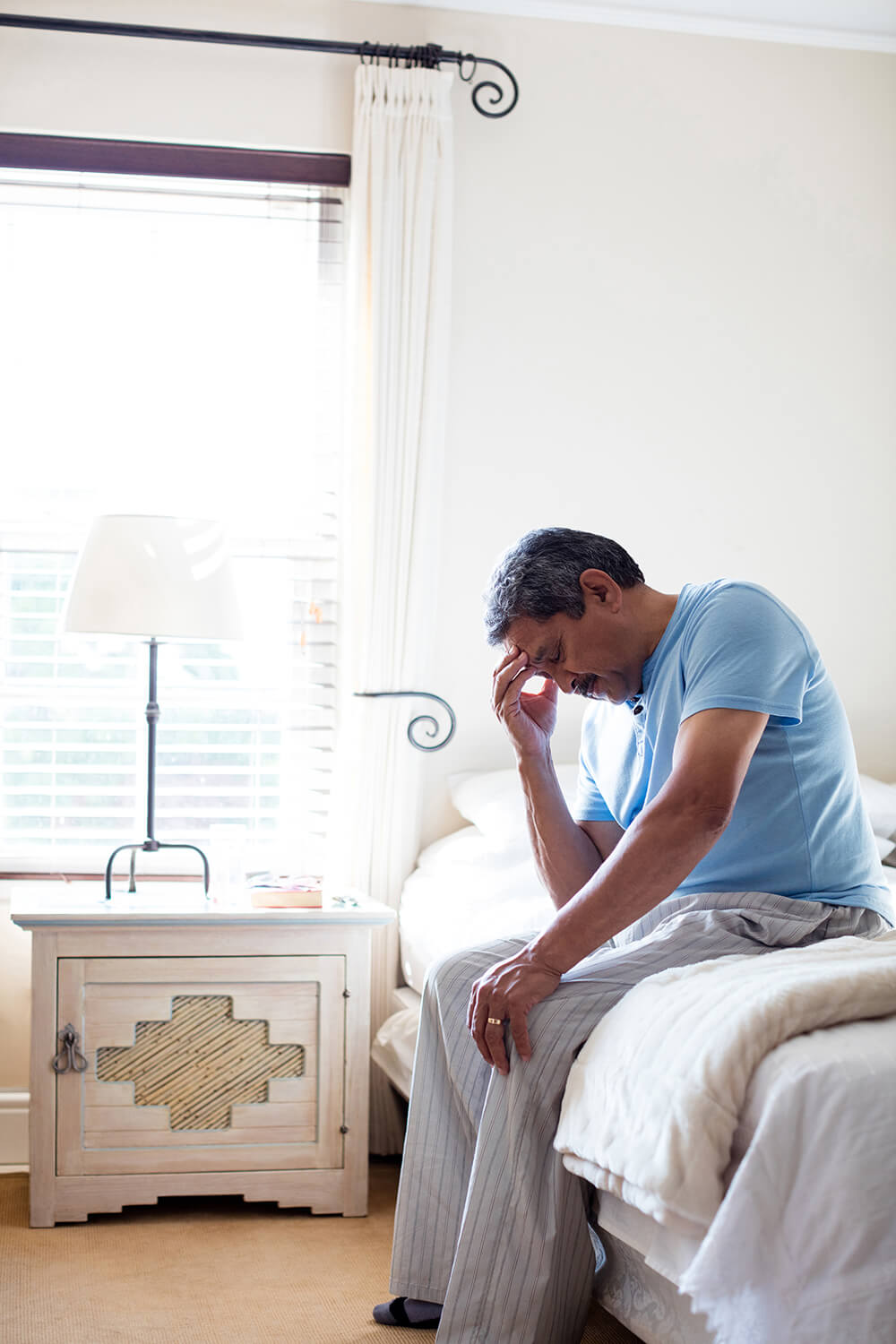The information contained in the clarksonfirm.com website is provided for informational purposes only and should not be construed as legal advice or an offer to perform services on any subject matter. The content of this website contains general information and may not reflect current legal developments, verdicts, or settlements. Recipients of content from this site, clients, potential law firm clients, or otherwise, should not act or refrain from acting based on any content included in the site without seeking appropriate legal or other professional advice on the particular facts and circumstances at issue from an attorney licensed in the recipient’s state. The Clarkson Firm expressly disclaims all liability with respect to actions taken or not taken based on any or all of the information or other contents of this site. The transmission of this form, in part or in whole, and/or communication with The Clarkson Firm and any of its affiliates via text, e-mail, or through this site does not constitute or create an attorney-client relationship between any client law firms, The Clarkson Firm, or any recipients. The Clarkson Firm will not share your information with any third-party marketing and sales organizations. Nothing herein is intended to represent you, nor is it intended to create an attorney-client relationship. The content of any email or SMS message sent to The Clarkson Firm or any of its employees at the email addresses or SMS numbers set forth in this website or communication messages will not create an attorney-client relationship. By clicking “submit” below, you consent to allow The Clarkson Firm to store and process the information submitted above to contact you via SMS and/or email.









